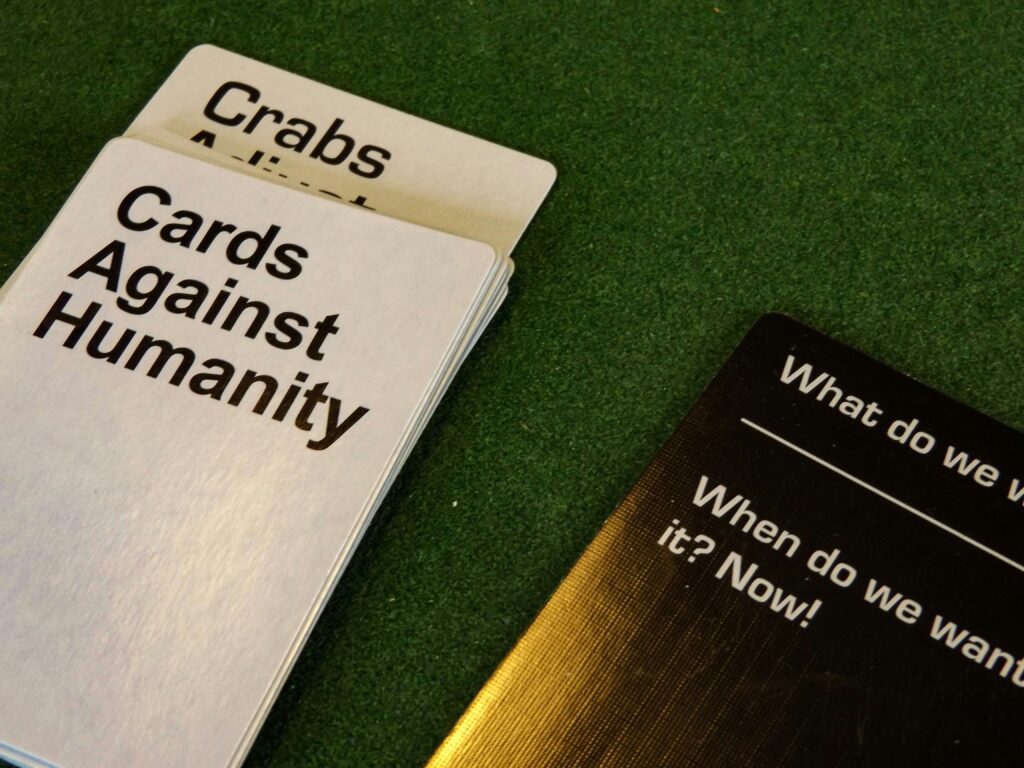Understand the Game Before You Play
Every game drops a rulebook—or at least a quick-start guide. Read it. But don’t stop there. The real edge comes from understanding not just what the game wants you to do, but how it wants you to think. Mechanics are the heartbeat—cooldowns, resource flow, vision control, combo timing. Know them cold, or get outplayed by someone who does.
Want to actually win? Figure out how. That sounds obvious, but too many players dive in without learning what “victory” actually looks like. Some games reward kills. Others reward control. Some penalize death more than others. Know what’s at stake before you start swinging. Also: study how people lose. Learning from failure doesn’t mean just your own—it means understanding the common traps players keep falling into.
And for the love of progress, stop skipping tutorials. They exist for a reason. Even if they’re clunky, that five-minute walkthrough might teach you the one interaction you’ll rely on in every match. You can call it a grind, or you can call it scouting the terrain. Either way, smart players don’t wing it. They prep.
Know Your Role, Know Your Tools
Winning isn’t about playing every style—it’s about playing your style well. First, figure out what kind of player you are. Are you a tactician who thrives on precision and planning? A grinder who outlasts the opposition through grit and patience? Or a risk-taker who bets big and breaks expectations? Knowing your own strengths is the first real edge.
Once you’ve nailed that down, pick units, characters, or builds that amplify your instincts. If you’re a tactician, lean into control setups or high-skill ceiling roles. Grinders should aim for consistent, durable builds that reward commitment. Risk-takers? Go for explosive combos or glass-cannon loadouts that punish hesitation—yours or theirs.
And don’t underestimate the map. Map knowledge is more than memorization—it’s situational awareness baked into muscle memory. Know the chokepoints, ambush spots, and high-traffic zones. A good player knows what to press. A smart one knows where to stand when doing it. Survival often depends more on where you are than what you’re holding.
Study the Meta, Then Break It
Every game comes with its own meta—what supposedly works best right now. Top players find tight combos, broken builds, and high-efficiency strats, and the community piles on fast. Knowing the current meta is basic survival. Ignore it, and you’re playing with a blindfold.
But here’s the catch: the meta isn’t law. It’s a snapshot. If you just copy what everyone else is doing, you’ll always be playing from behind. Learn it, then look for cracks. Adapt it to your strengths. If you’re not a high-APM prodigy, don’t mirror someone who plays like one. Build your own version that plays to your instincts.
This is where flex picks and counters come in. You don’t need a top-tier pick—you need the right tool for who you’re up against. Sometimes the off-meta choice is the one that wins, simply because no one saw it coming.
The best players know the rules—but also when to break them. Learn the meta, but don’t let it cage you.
Plan Ahead, React Smarter
Speed makes a great highlight reel. Strategy wins championships. In most games, the players who plan stay in control—even when chaos hits. Knowing what you’ll do three moves from now beats reacting in the moment. That kind of foresight lets you press advantages, dodge traps, and force others to play on your terms.
Thinking two plays ahead means more than memorizing builds or pre-setting keybinds. It’s about habits: seeing the whole field, watching patterns, understanding pressure points. It’s calculating risk while staying fluid. Great players don’t just know what could happen—they’ve already thought through responses.
And then there’s composure. Every serious game has turning points when nerves crack and reflexes misfire. If you can fight off panic, stay cool under pressure, and follow your plan, you’re already outplaying half the lobby. Tilt is real. So is patience. Keep your head, and the wins will follow.
Learn from Every Match (Win or Lose)
You’re not logging hours—you’re collecting data. Start recording your matches. Use built-in game tools or third-party software; doesn’t matter which, just hit record. After that, watch how you played like it’s someone else. Ask: why did you push here? Why didn’t you rotate sooner? When did you lose control—or momentum?
Look for recurring situations. Are you always ahead until late-game? Or do you consistently stumble during early aggression? Patterns matter more than one-off mistakes. Winning streaks and losing spirals both leave fingerprints. Track them.
The point isn’t to relive a loss. It’s to break it apart. What decisions led there? Which could’ve gone differently? Improvement lives in those details. Casual players replay for fun. Focused players analyze to get better.
Need a deeper dive into tactical breakdowns? Check out Adapting to Game Mechanics – Tips for New Players.
Stay Sharp Outside the Game
No shortcut beats sleep. You can down all the energy drinks in the world, but if you’re running on fumes, your reaction time will show it. Fatigue kills focus—plain and simple. Stack good sleep, and you’ll stack wins.
Next, forget those endless grind sessions. A short, focused warm-up does more for your reflexes than marathon play. Think muscle memory, not burnout. Ten intense minutes of aim training or movement drills will tune you up better than three distracted hours.
And don’t isolate. Games may be digital, but they’re still social. Talk to your squad, review strategy together, build rhythm. A tight team that communicates well will crush a solo genius every time. Synergy isn’t fluff—it’s a skill.
Final Takeaways
Winning isn’t about pulling off one perfect play—it’s about adapting over time. The best players evolve. Patch comes out? They adjust. New playstyle takes over? They learn the counters. Stubbornness kills more win streaks than bad luck ever will.
Real strategy isn’t about being right all the time. It’s about staying fluid. When something stops working, pivot. When a teammate tilts, refocus. You can’t script every match, but you can stay sharp enough to rewrite your approach on the fly.
Preparation still matters. So does presence. The more grounded you are in the moment, the faster you can read the field and respond. Stay mindful, stay curious, and stay faster at thinking than your opponents are at reacting. That’s how you stay ahead.


 Esports Trends Analyst & Community Programs Manager
Esports Trends Analyst & Community Programs Manager
